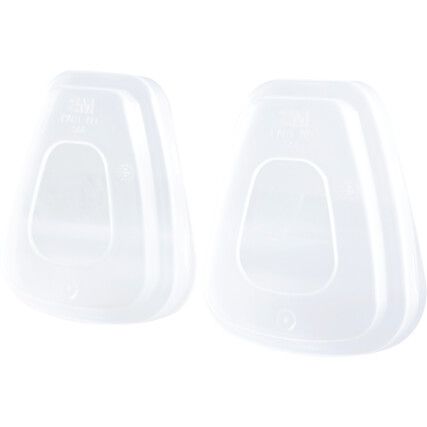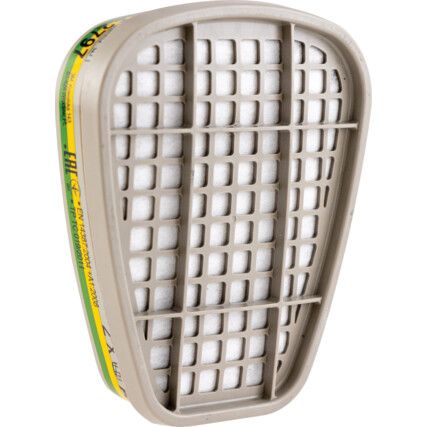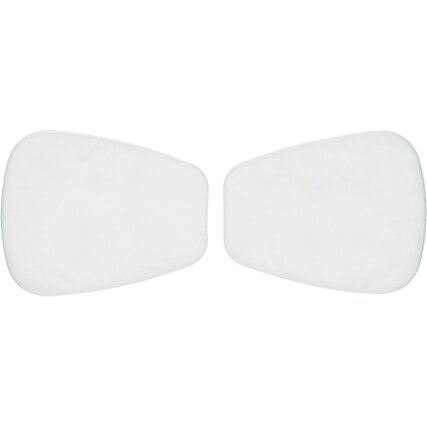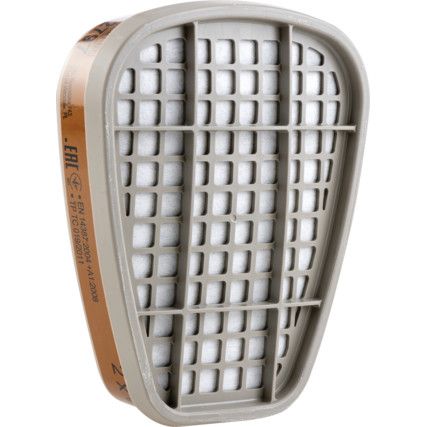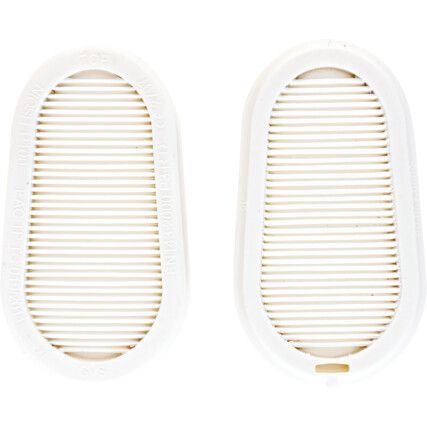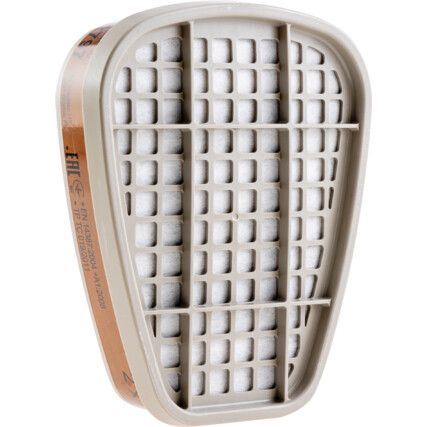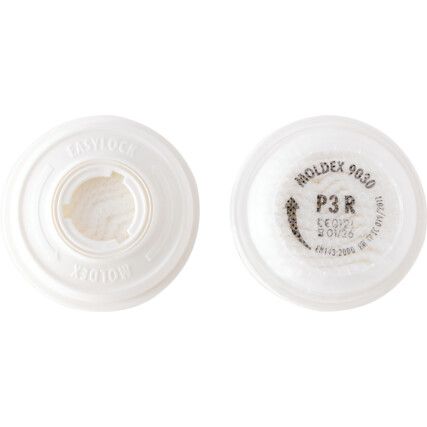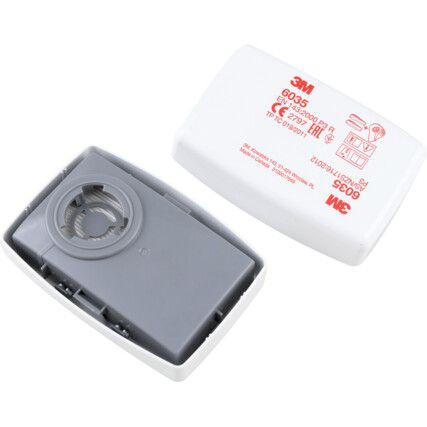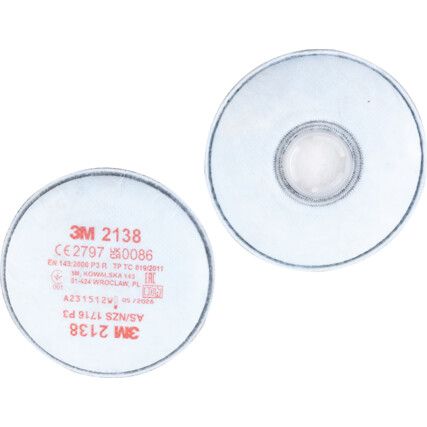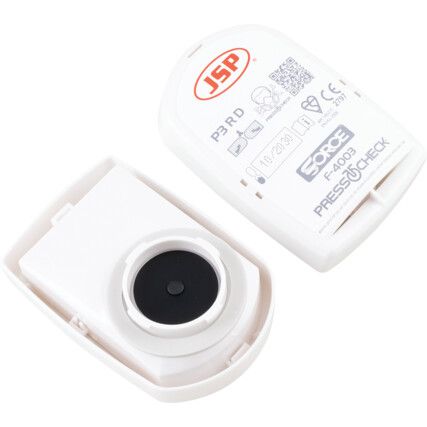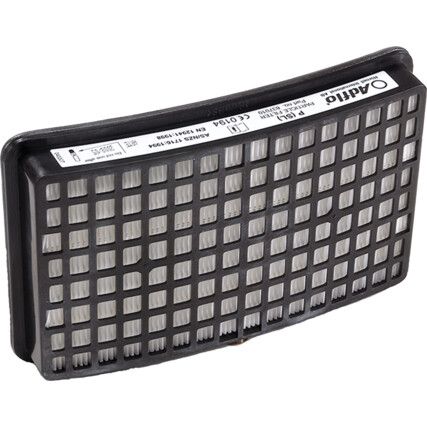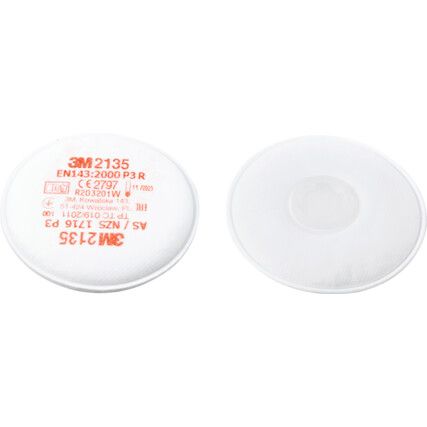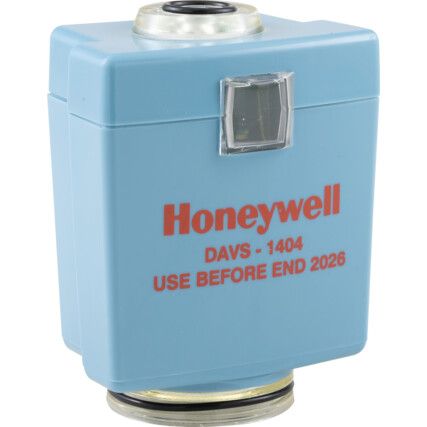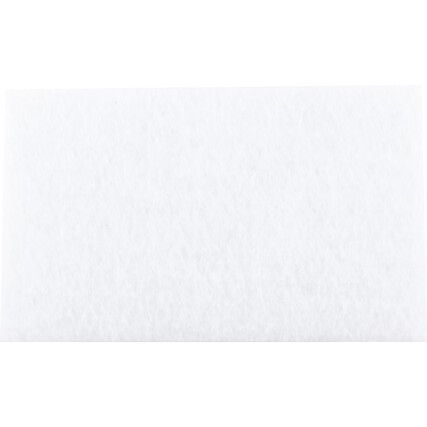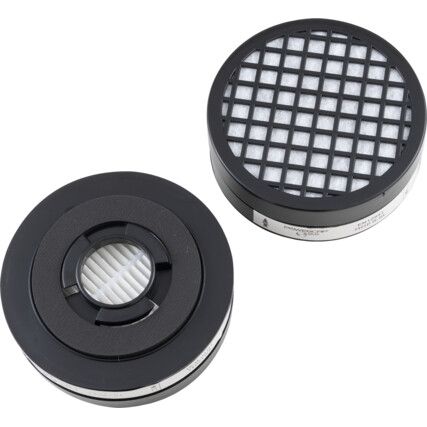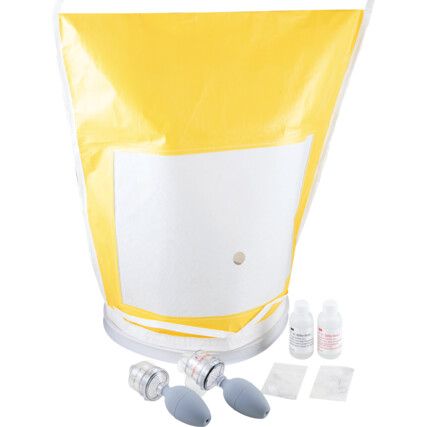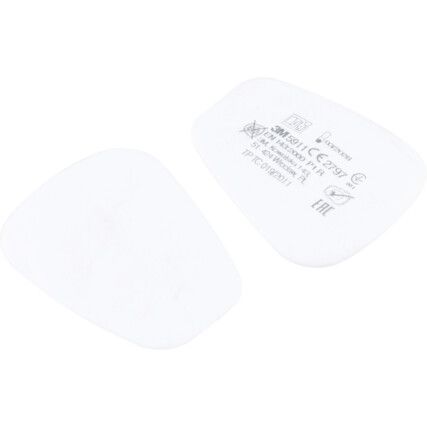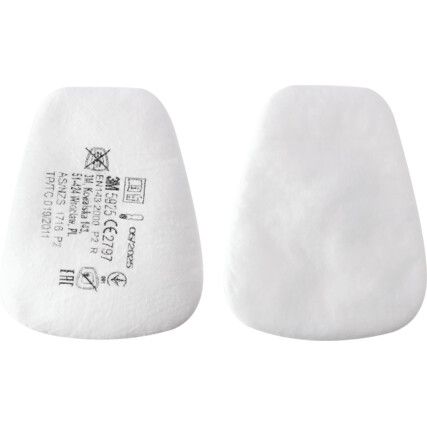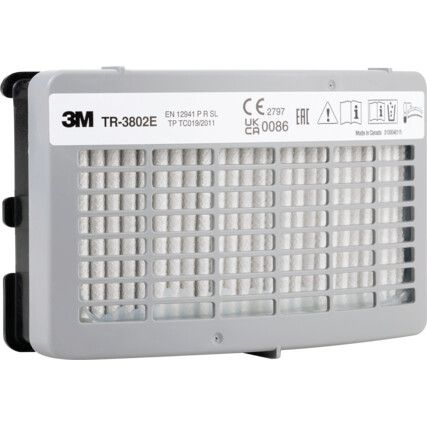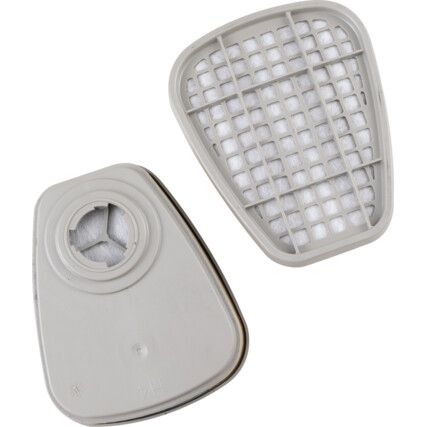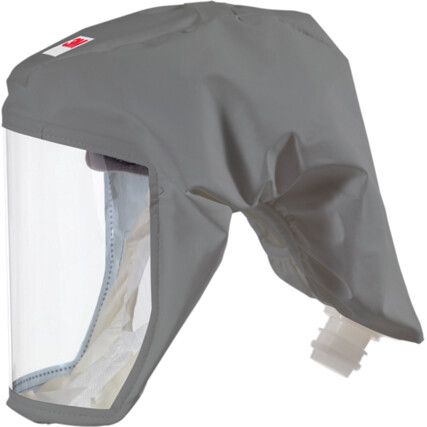Respirator Filters, Cartridges & Accessories
Respirator filters are used in conjunction with respirators to prevent users from breathing dangerous, toxic, or contaminated particles which could cause harm or injury.
Cromwell stocks professional-grade respirator filters, from trusted brands used by industry experts around the globe.
What are respirator filters?
Respirator filters work by purifying the air users breathe, by removing unwanted and dangerous particles from breathable air. Filters can be placed in existing respirators to ensure particles are filtered out.
Certain types of respirators can filter out all kinds of hazards, and can protect against hazardous chemicals, vapours, and gases as well as airborne particles.
Why buy respirator filters?
Respirator filters allow users to work in hazardous environments, with minimal risk of inhaling chemicals that could otherwise be extremely dangerous. This enables work in locations that would otherwise be too hazardous for users to operate in.
When are respirator filters used?
Respirator filters are used in respirators to prevent infection, illness, or injury. Respirators are vital for use across many industries, such as:
• Healthcare
• Laboratories
• Workshops
• Factories
• Garages
• Decorating
• Food preparation
• ...And much more
If you're looking for the right type of respirator filter for your job but aren't sure about the right ones for your needs, feel free to ask our experts for specialised advice.
Considerations when choosing respirator filters
• Filter type - Filter types are the most important consideration when buying. Ensure you purchase the correct filter for your usage. An in-depth guide can be found below.
• Fit - Ensure the respirator filters you buy are designed to fit your respirator - compatibility can be found in the product description
Respirator filter jargon buster
Respirator filters are available in a range of classes that determine how effectively they filter particles from the air.
• FFP1 / P1 - 80% filtered from ambient air
• FFP2 / P2 - 94% filtered from ambient air
• FFP3 / P3 - 99.9% filtered from ambient air
There are also multiple types of filters that are usually filtered by colour. Each colour is effective in varying scenarios.
• A - filters vapour and gas from compounds with a boiling point less than 65 degrees. Specialised for handling solvent vapours, e.g. when removing bonding or paint.
• AX - filters vapour and gas from compounds with a boiling point less than 65 degrees. Specialised for handling aceton.
• B - filters inorganic vapour and gases, such as hydrogen, chlorine, hydrocyanic acids. Specialised for usage in welding.
• E - filters hydrogen chloride and sulphur dioxide. Specialised for use in cleaning processes that involve acid.
• K - filters ammonia and ammonia derivatives. Specialised for working with liquid fertilisers.
• P - filters particles commonly found in drilling, cutting or grinding purposes.
• CO - filters carbon monoxide. Specialised for handing hydrogen peroxide, or in emergency use during fires.
• HG - filters mercury vapour. Specialised for working with certain chemicals such as mercury.
• NO - filters nitrous gases such as nitrogen monoxide. Specialised for working with ammonium nitrate or similar elements.
• Reactor - filters iodine and other radioactive particles.
FAQs
When to change respirator filters?
Respirator filters MUST be changed every 6 months, even if not used. If it has been used frequently, it is important to change the filter as soon as the smell or taste changes - even slightly. Additionally, always ensure the filters are replaced in accordance with the expiry date stamped on the filter packet.
